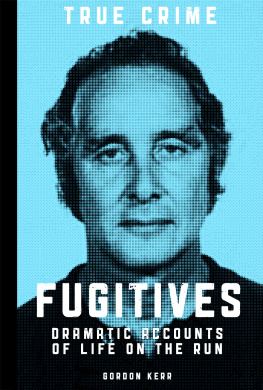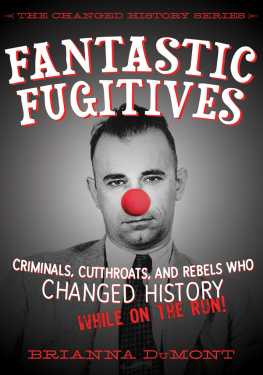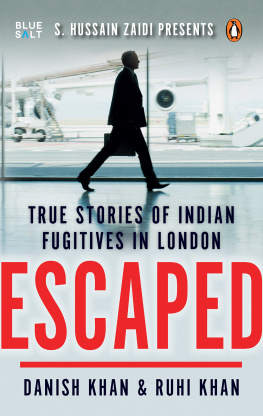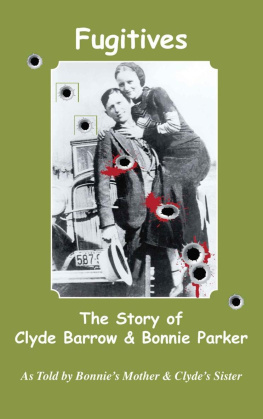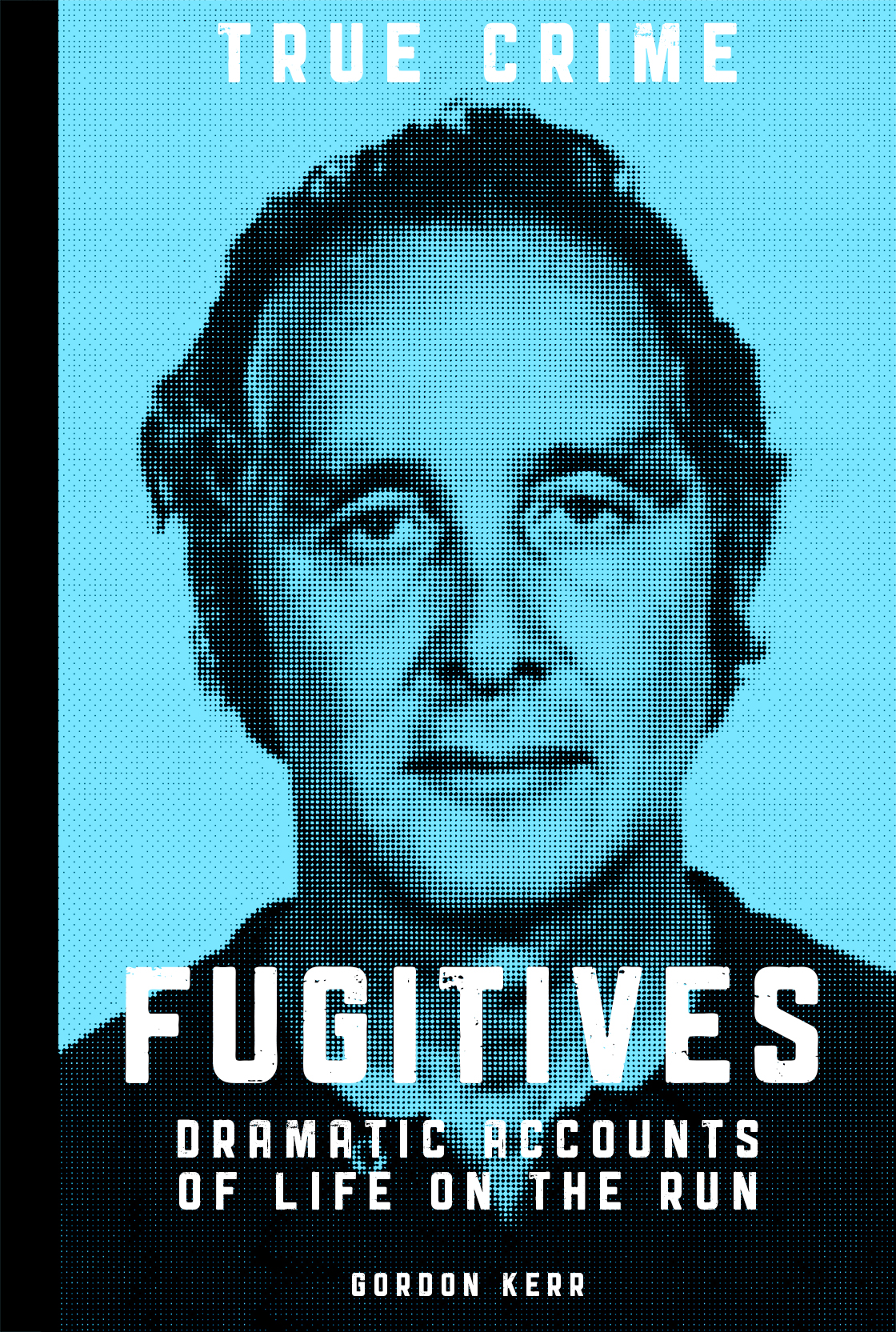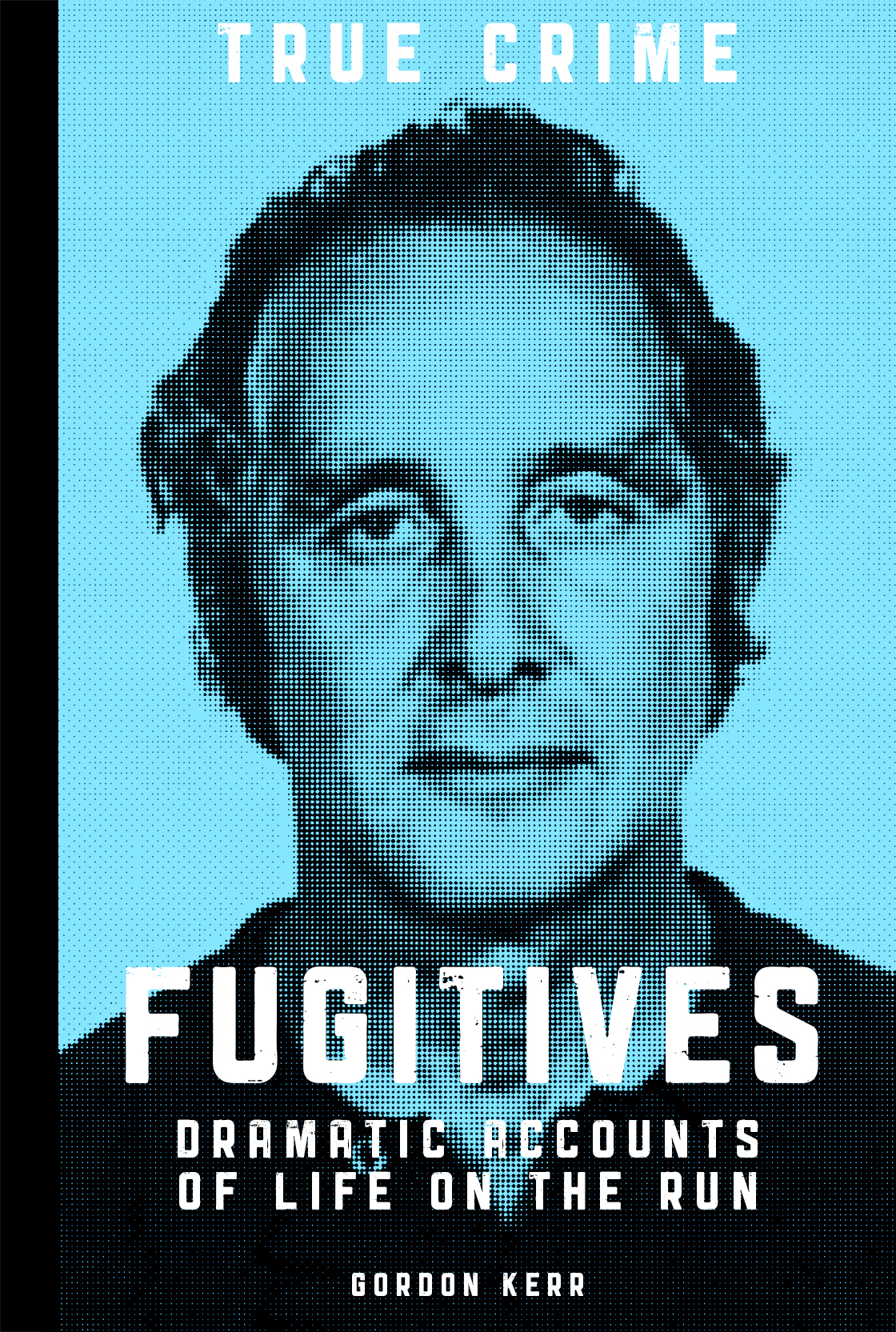
Copyright
2013 Canary Press eBooks Limited
This 2013 edition published by Canary Press eBooks Limited
www.canarypress.co.uk
All rights reserved. No part of this publication may be reproduced, stored in a retrieval system or transmitted by any means, electronic, mechanical, photocopying or otherwise, without the prior permission in writing of the publisher.
The views expressed in this book are those of the author but they are general views only, and readers are urged to consult a relevant and qualified specialist for individual advice in particular situations. The author and Canary Press eBooks Limited hereby exclude all liability to the extent permitted by law for any errors or omissions in this book or for any loss, damage or expense (whether direct or indirect) suffered by the third party relying on any information contained in this book.
ISBN: 9781907795763
Cover & internal design: Anthony Prudente
More titles from Canary Press eBooks
Discover more at www.canarypress.co.uk
Contents
Introduction
Introduction
Escaping from prison or the clutches of the law after committing a crime is one thing; staying free is another. Many have tried and few have succeeded in remaining a fugitive for very long. There are exceptions, of course. The mythical boss of James Earl Ray, for example. Ray, assassin of Martin Luther King, knew him simply as Raoul, and he has never turned up to end all the speculation about the great civil rights leaders murder. Roberto Solanis, the man who armoured car hijacker Heather Tallchief, claims he hypnotised her into stealing more than $3 million. He vanished back in 1994 and not a trace of him has been seen since. She would in all likelihood also have remained a fugitive for justice had she not given herself up so that she and her son could regain their real identities.
For most other fugitives, of course, it all ends in tears, or, rather, a pool of blood. US Depression-era bank robbers, Bonnie Parker and Clyde Barrow, knew full well what they were getting into and their short criminal career was spent one step ahead of the pursuing law enforcement officers until it inevitably ended in a bloodbath on a quiet road in Louisiana.
John Dillinger, bank robber and serial prison escapee, spent many years on the run, carrying out audacious robberies. The death toll created by his gang was such, however, that there was little chance that Dillinger would be given the benefit of the doubt when they finally caught up with him, as they did, in a hail of bullets, outside a Chicago cinema in 1934.
Fugitives often have help, of course, friends or family who provide them with the means to get out of prison or who support them once they do. Bonnie and Clyde regularly visited family, even though they were on the run.
Nazi war criminals, however, had help from all kinds of quarters when the war ended. Entire networks were created to help mass murderers such as Adolf Eichmann, Josef Mengele and Alois Brunner flee from war crime charges in Europe and establish new lives in South America. It is astonishing how often men such as these evaded justice for the remainder of their lives. Although Eichmann was famously captured by Israeli agents in 1960, Josef Mengele, the loathed Angel of Death at Auschwitz, the man who with a nod of the head or the wave of an arm, selected those to be sent to the gas chambers when they arrived at the camp, remained free. He is presumed dead now, but following the war, after working on a remote farm, he was helped to travel to South America. Re-locating to Paraguay, he found a sympathetic right wing government headed by General Alfredo Stroessner that was prepared to turn a blind eye to a Nazi past. Alois Brunner, also responsible for sending hundreds of thousands of Jews to the gas chambers, found shelter for many years after the war in Syria where he even took on a role, advising the Syrian government.
Radovan Karadzic, leader of the Bosnian Serbs in the early 1990s, remained free for a number of years. Many claimed that the authorities knew all the time where he was, possibly backing up Karadzics claim that he had done a deal with, US Envoy to the Balkans, Richard Holbrooke, that if he withdrew from politics, he would not face extradition to the war crimes tribunal in The Hague. This deal was denied by Holbrooke and was made academic by Karadzics arrest in spring 2008. However, had anyone come up with a stranger life on the run than this former leader of the Bosnian Serbs, a man responsible for the deaths of thousands of Bosnian Muslims? He grew his hair and a huge white beard and became an expert on alternative medicine who looked uncannily like Santa Claus. The most wanted fugitive in Europe for many years, he was openly delivering lectures and strolling in the streets of Belgrade.
Terrorists are by nature fugitives, if they have not been killed or captured. Osama bin Laden is without doubt the most wanted man in the world, with a bounty of more than $50 million on his head and it has been made known that he does not need to be found alive. The perpetrator of the 9/11 atrocity continues to taunt his pursuers with tapes railing against the West and encouraging radical Muslims to follow the example of the 9/11 attackers. Meanwhile, he is reported to be in remote areas of Pakistan or Afghanistan and some claim he is actually dead. Nonetheless, on the run, his spectre continues to terrify people around the world.
For others, it is less complex. British prison escapee Alfie Hinds, kept breaking out of prison because he wanted to draw attention to the injustice that had put him behind bars. His meticulous planning and detailed knowledge of the law helped him to escape without adding to his prison sentence when recaptured, made him unique amongst fugitives. Compare him with the Texas 7, the seven ruthless men who broke out of the John B. Connally Unit in Texas, simply because they were all facing lengthy sentences of between thirty years and life. They managed to stay on the run for a couple of months remaining together like a football team on the road and carrying out robberies to fund their lives as fugitives. Of course, it would all end in recapture and, as they killed a policeman while carrying out one of their heists, they will all find freedom soon. Unfortunately, it will be at the hands of the Texas state executioner.
Some fugitives are just so audacious that it is hard not to admire them. The remarkable Frank Abnagale Jr led American law enforcement agents a merry dance for years, cashing fraudulent cheques many of which he had actually printed himself and posing as impossible characters such as pilots and doctors and getting away with it. Abnagale has been celebrated in film and, remarkably, the Hollywood version of his life as a fugitive is a pale imitation of the real thing. Similarly the escape of the great lover and adventurer, Casanova, from imprisonment in the Doges Palace in Venice, is an astonishing tale of ingenuity and self-confidence, as well as courage. Possibly the most incredible fugitive story of all, that of German First World War airman, Gunther Plschow, leaves the reader open-mouthed in amazement and admiration. Fleeing British forces in a German colony in modern-day China, Plschows evasion of captivity took him into China and then to Japan, where he narrowly escaped capture, and then to the United States. All the while, the entire world was searching for him. He was eventually captured at Gibraltar and sent to a prisoner of war camp in Britain. Remarkably, however, he managed to escape and become a fugitive yet again the only prisoner during the First World War to escape from a British POW camp and make his way back to Germany.

